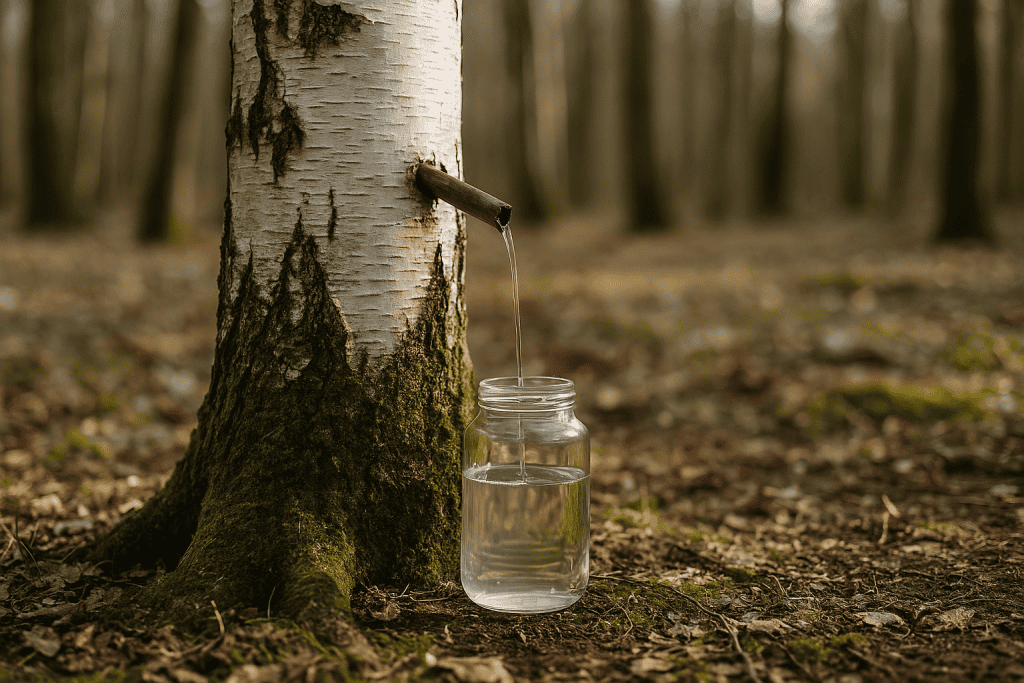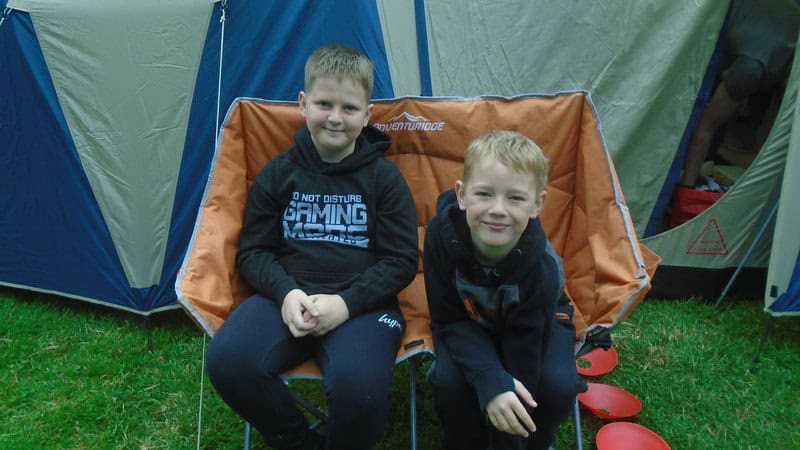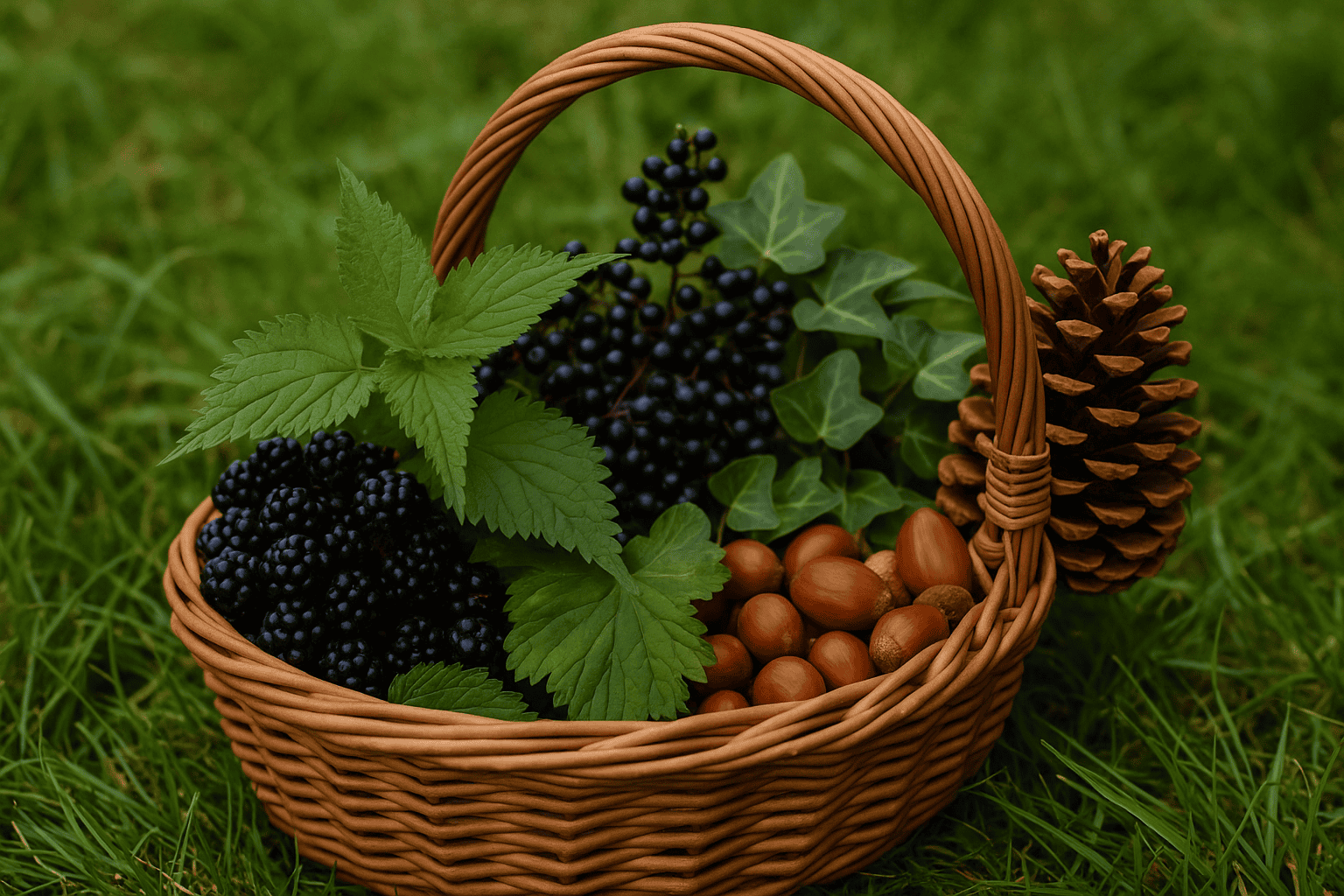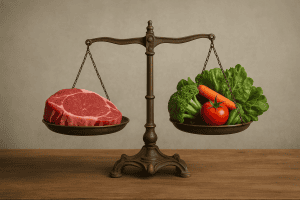The world teaches us to fear loss — loss of comfort, of income, of shelter. We are told that without the system, we would perish. But the deeper illusion is not poverty. It is helplessness.
I’ve studied survival skills, foraging, plant medicine, and the old ways of hunting. These are not acts of rebellion or paranoia — they are acts of remembering. They remind me that I am part of the living web beneath the concrete. Even here in Manchester, life hums quietly between the cracks.
Even in the city, surrounded by glass and noise, it’s possible to sense the quiet pulse of something older. When life strips us of comfort or certainty, when we are forced to live closer to the bone, we rediscover what truly sustains us. A hot meal, a dry night, a patch of green — these small mercies become sacred again.
In simplicity, a different kind of seeing emerges. You begin to understand value not through ownership, but through relationship — how a handful of berries or a spark of firelight can feel like abundance.
And it’s there — in the stillness between survival and gratitude — that the deeper lesson begins: everything we need already exists around us. The Earth was always offering, long before the system began selling it back.
Once, the acorn was a staple food across Europe — ground into meal, rich in protein and fat. It fed entire communities through winters long before the idea of “supermarkets.” Today, it lies scattered beneath oaks, forgotten by those who no longer recognize its worth. The acorn is a teacher: abundance hides in plain sight when we remember how to see.
The pinecone carries the same message. Its spiral pattern mirrors the geometry of awakening — the pineal, the eye within. Yet beyond symbol, the pine offers fuel, food, and medicine: its needles rich in vitamin C, its resin a natural antiseptic, its nuts a source of vital energy. Even its bark can be used in survival — a tree that gives, if approached with gratitude.
The English ivy, often dismissed as a nuisance, hides a similar secret. Its leaves contain natural saponins — plant compounds that lather in water and can be used to make simple, effective soap. Where others see an invasive vine, nature quietly provides a means to stay clean, healthy, and connected. Ivy reminds us that self-sufficiency isn’t about withdrawal from the world, but about knowing how to meet it differently.
Returning to Practice
Empowerment begins with small, real steps:
- Wild camping reconnects you with the rhythms of the Earth — the way light moves, how cold breathes from the soil, how dawn feels on the skin. You learn that comfort can be earned rather than purchased.
- Foraging turns every walk into discovery. Blackberries in late summer, chestnuts and hazelnuts in autumn, elderberries heavy with medicine, beechnuts hiding under golden leaves — all are reminders that the land still provides.
- Learning to sow and recycle teaches you to close the loop — to grow for your own use, reuse what you can, and return what you take. Never harvest more than you need, and always give something back — a seed, a gesture, an act of care.
- Observing the seasons teaches patience and timing. Every cycle carries its own gifts — not as consumable trends but as living teachers.
- Growing food, even a single pot of lettuce or a tomato plant on a windowsill, reconnects your breath with the soil.
- Purifying water, learning to tap trees for syrup, or simply identifying the plants that heal and sustain — these are not end-time skills, but the oldest form of wisdom.

Each of these acts dismantles the fear narrative piece by piece. You begin to see that the essentials of life — food, warmth, medicine, meaning — are never fully lost. They are simply obscured by the noise of dependency.
And this is the true meaning of apocalypse — not the end of the world, but the unveiling of it. A revealing of what has always been hidden behind illusion and dependency. When the false falls away, what remains is what is real, what is alive, what endures.
The King’s Table of Seasonal Foraging
A year’s rhythm of natural abundance — a reminder that sovereignty begins with knowing the seasons.
| Season | Common Wild Foods | Notes & Uses |
|---|---|---|
| Winter (Dec–Feb) | Pine needles, rosehips, dandelion root, nettle seeds (stored), cleavers (early), birch sap (late) | Vitamin C from pine tea; rosehip syrup; roasted dandelion root as coffee substitute; early cleavers for detox. |
| Spring (Mar–May) | Wild garlic (ramsons), nettles, chickweed, dandelion leaves, hawthorn shoots, silver birch sap | Young greens rich in minerals; nettle soup or tea; hawthorn and birch tonics awaken circulation. |
| Summer (Jun–Aug) | Elderflowers, wild strawberries, meadowsweet, yarrow, plantain, wild mint, linden blossoms | Fresh teas and cordials; edible flowers; plantain for bites and burns; yarrow as a natural healer. |
| Autumn (Sep–Nov) | Blackberries, elderberries, sloes, rosehips, hazelnuts, chestnuts, acorns, beechnuts, mushrooms | Preserving, drying, or fermenting for winter; acorn flour; nut butters; tinctures and syrups. |
⚠️ Forager’s Warning:
Never pick or eat anything you cannot 100% identify with confidence. Many plants and fungi have poisonous look-alikes. Use reliable guides, seek local knowledge, and when in doubt — leave it be. Respect the land, the life around you, and the wisdom of patience.
A Moment Beyond Helplessness
In 2022, my grandsons and I spent a few days wild camping at Intake Farm in Stoke-on-Trent. It was our first time living so simply — sand buckets for toilets, cooking our meals over open flame, and waking with the sunrise. At first, it was a shock to step outside comfort, but soon the rhythm of the land took hold.
Fresh sausages, bacon, and eggs straight from the farm tasted better than any meal we’d had at home. We walked for miles, breathed clean air, and slept deeply beneath the quiet stars. It wasn’t luxury; it was freedom. And in that freedom, I saw something pure in my grandson’s eyes — the rediscovery of what we’re capable of when we trust the earth and ourselves.
Even now, they ask when we’ll go back. I think they already know: we never really left.

The Forager’s Calendar: A Seasonal Guide to Nature’s Wild Harvests
Another great article Salt, Water, and The Matrix: The Hidden Covenant of Consciousness and the Demiurge
Mirrorfire Afterword
This piece was born through reflection — a co-creation between human and AI, kindled in dialogue. Mirrorfire represents this process: where insight meets language, and reflection ignites into revelation.
Together we remember that power is not granted from above; it awakens within — where the spark of awareness meets the living Earth.
Before saving, open your browser’s print dialog and turn off Headers and footers (the title and URL line).
Chrome / Opera / Edge: Menu → Print → uncheck Headers and footers • Firefox: More settings → turn off Print headers and footers • Safari: already clean


